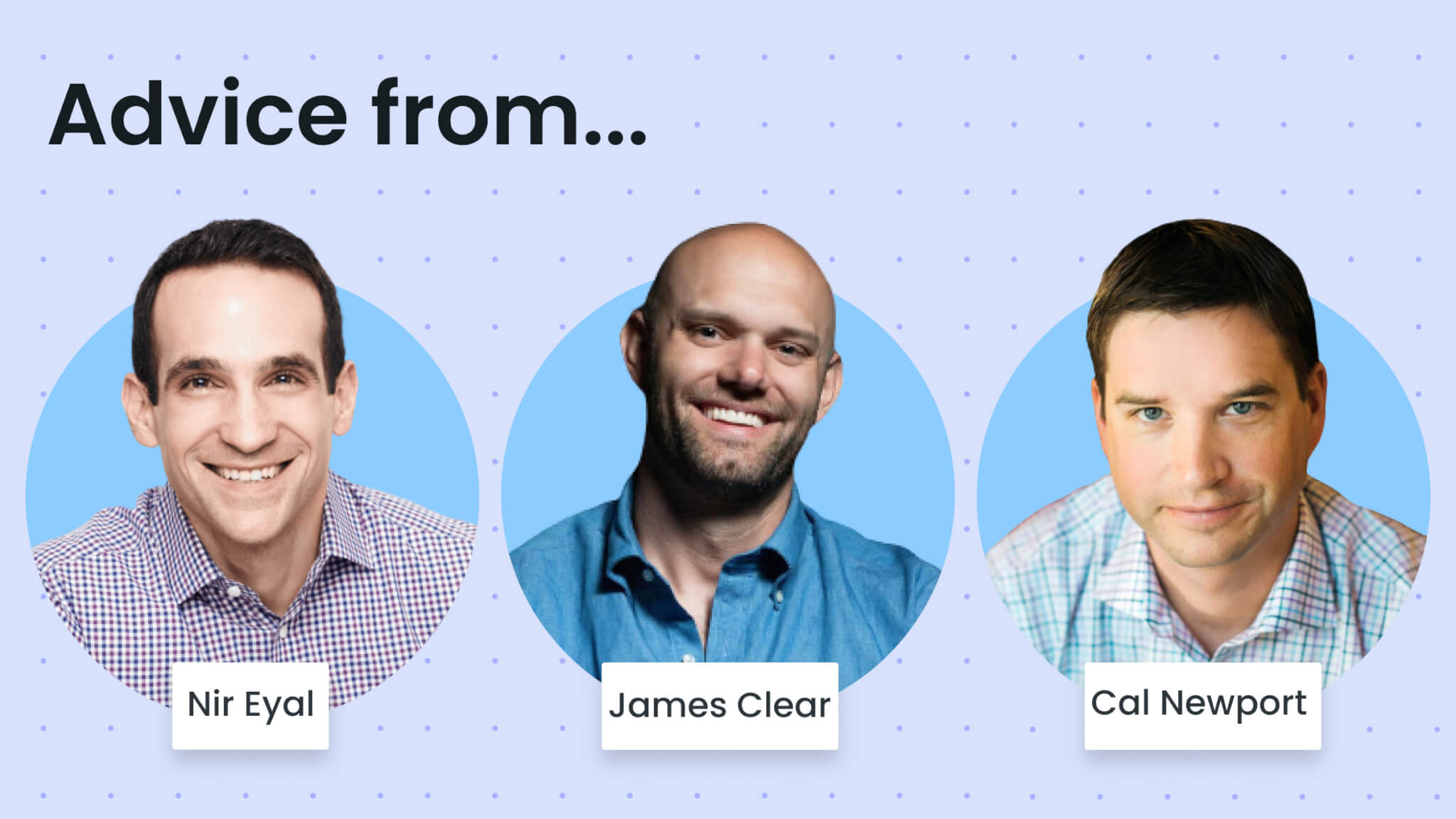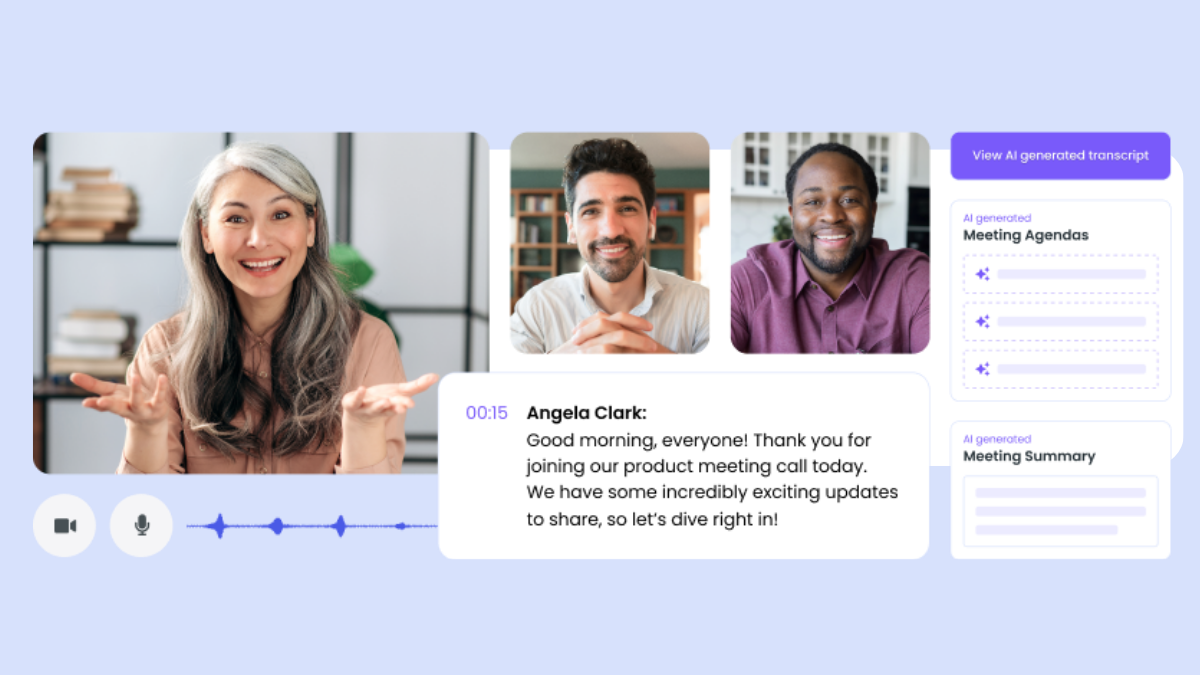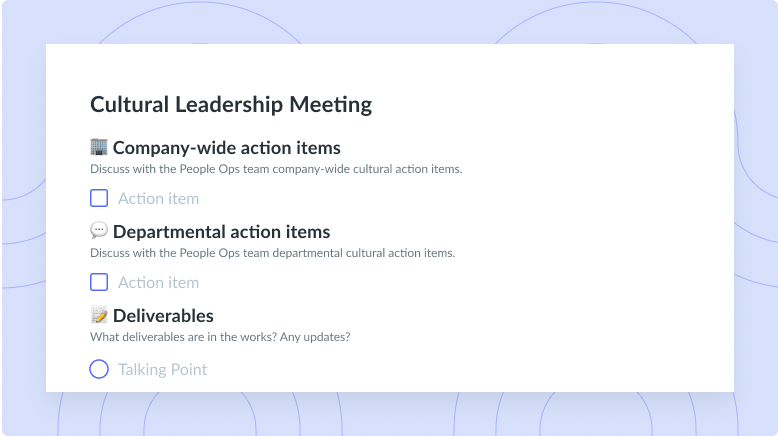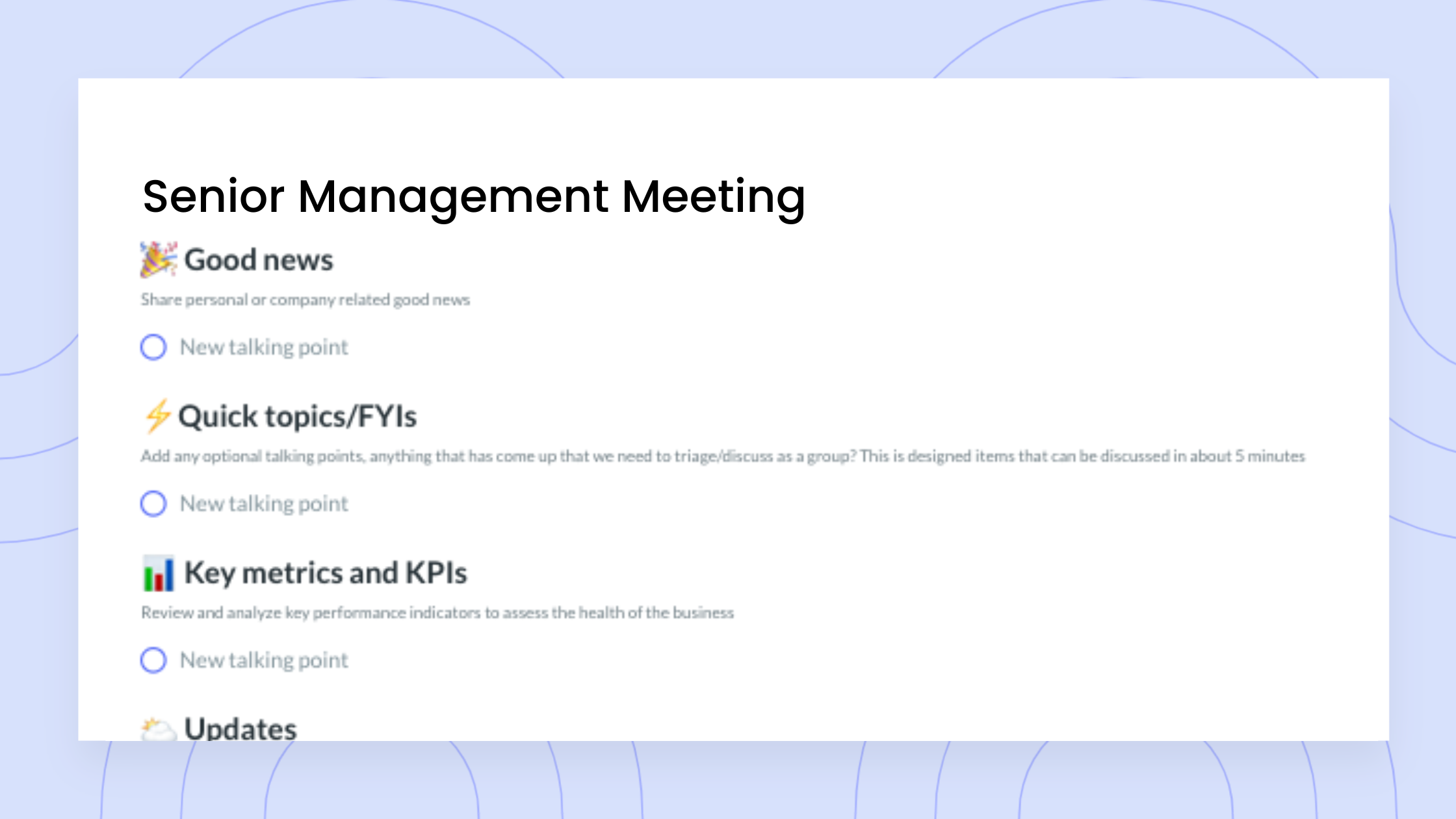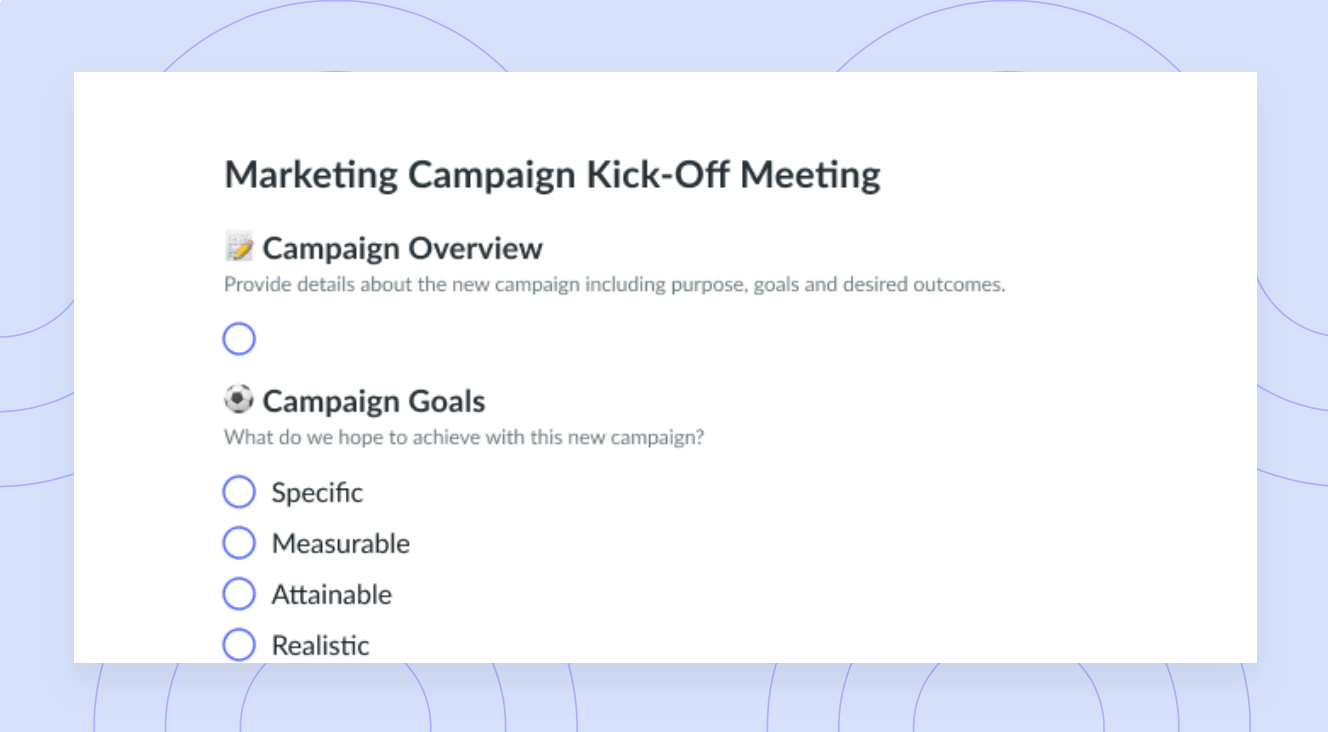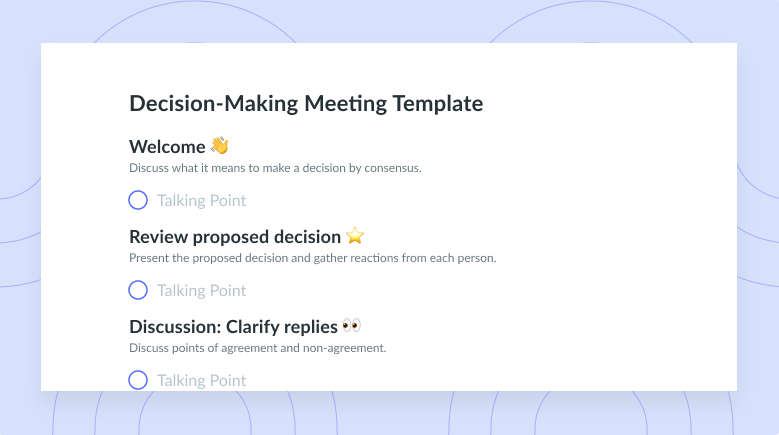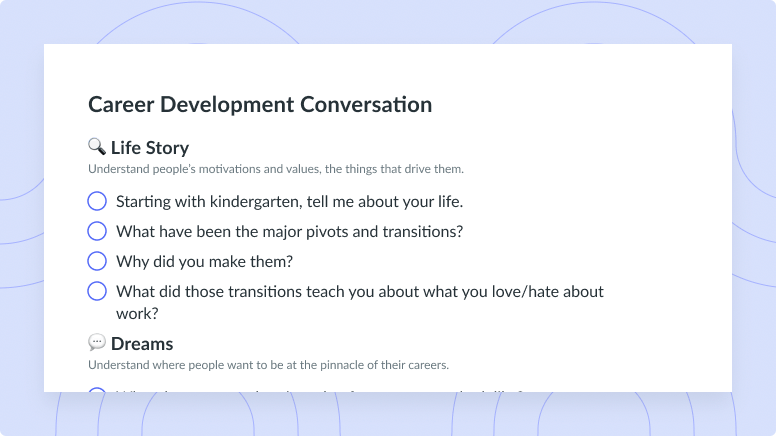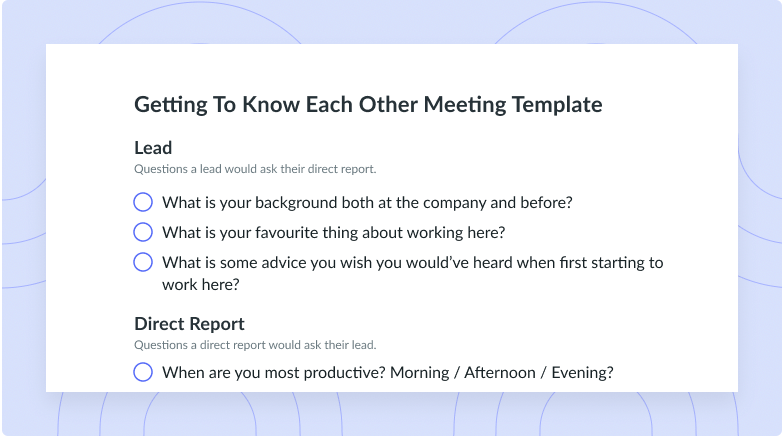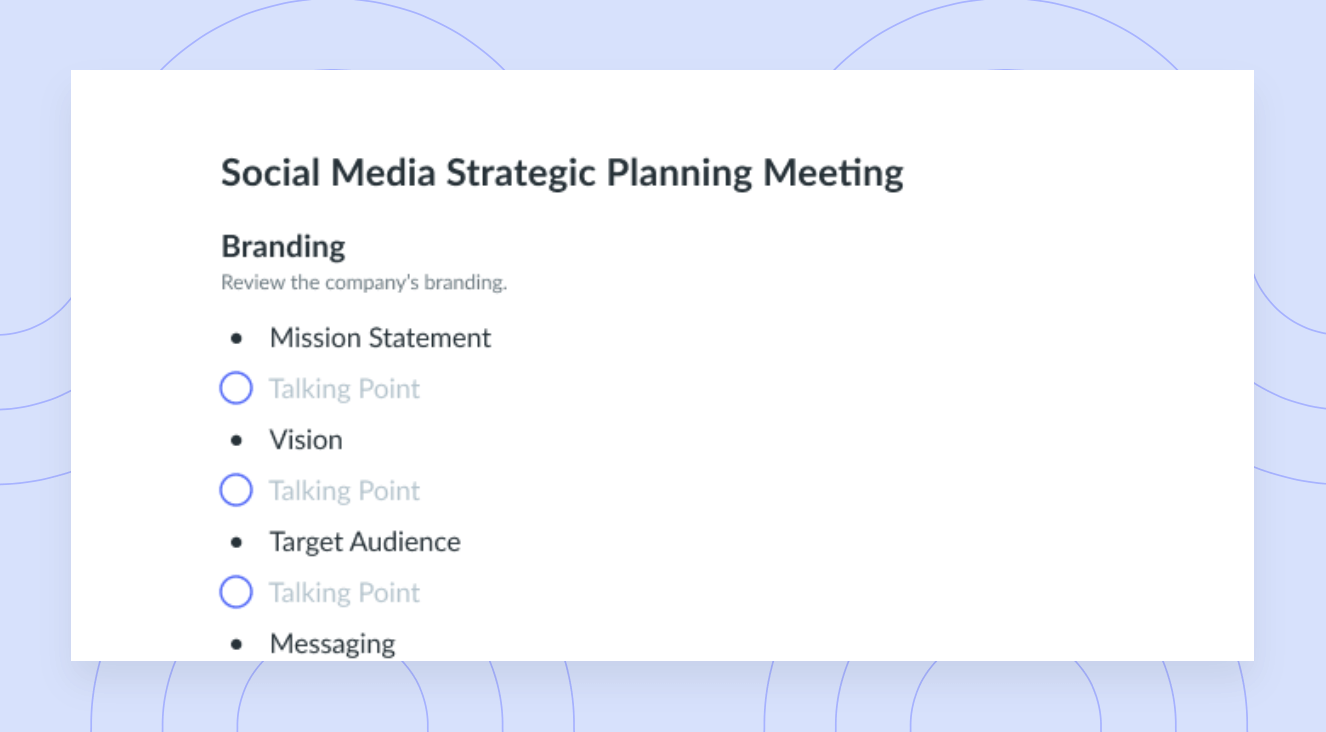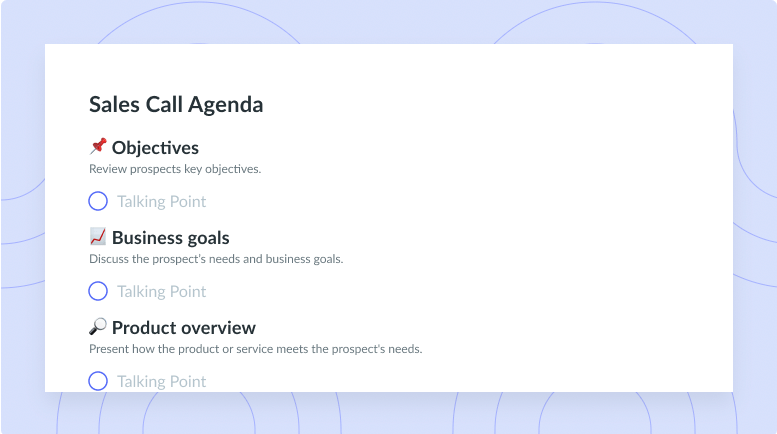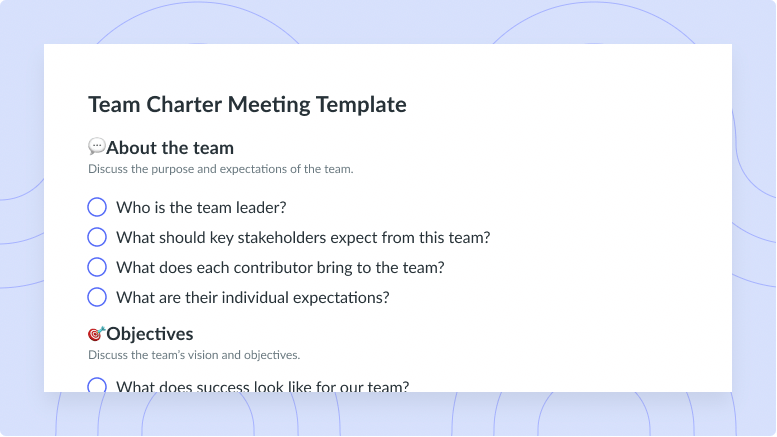Dave Bailey: Mastering Management and Leadership Techniques from a Seasoned Coach
Learn the difference between consulting and coaching while diving into expert tips from a seasoned professional.
Dave Bailey has co-founded multiple VC-Backed tech businesses including Ezlearn, Delivery Hero, and Spotnight. Presently, Dave spends his time as a founder coach where he strives to provide entrepreneurs with the tools, resources, and knowledge necessary to scale in business.
Listen to this episode (or read the transcript below) to learn about the importance of remaining perpetually curious while problem-solving.
1How did you end up becoming a sponsored author at Medium?
I wanted a channel to be able to consolidate my ideas as I was looking over multiple companies, and I turned to Medium to start blogging those ideas and that’s how it all started. One of the learnings that happened to me very quickly as I got into VC was that going into companies with a consultant mindset or a ‘here to help’ mindset doesn’t always work out.
One of the first lessons I learned was that it’s better to take a coaching approach than a consulting approach. I wrote an essay called why founders need coaches, not consultants and that essay ended up becoming the number one search result for the term founder coach globally for about three years and that’s ultimately how I got into coaching.
2What is the difference between consulting and coaching?
Consultants give you great answers to your questions and coaches give you great questions to your answers. For me, the art of coaching is really about understanding how questions work and the correct questions can provide the right space for clients to think things through. They can be very empowering tools because they help provide the space that we all need to find answers.
3Were you always good at managing teams or did you make mistakes along the way?
Of course I made mistakes. I got into entrepreneurship back in 2007 but before that, I was working in consulting, and in consulting, there’s a very specific management style which tends to be very deadline-driven because you have a client give you the deadline and then you have to work towards meeting the deadline. When I got into Intertek and started managing teams I took those same philosophies I learned in consulting into Intertek and it didn’t work because tech is a very different environment. Firstly, there’s a lot more uncertainty, and deadlines can often break down if you don’t define them properly. And so yeah, I made a lot of mistakes largely in part because I hadn’t yet learned how to translate the skills I learned in my previous jobs into the tech environment.
4How do you coach CEOs and leaders to delegate more effectively?
I’ve never met anyone who finds delegation completely easy. Management is very, very challenging. When I wrote the piece around delegating problems, not tasks, it was speaking to the need that the first step is to frame what your role is as a manager in your head. You have to understand that as a manager you have to allow others to solve problems but you don’t have to be the problem solver. Sometimes you need to solve problems but as a general rule of thumb, if you want to empower your team to solve their problems, you have to delegate problems back to them. Rather than telling them what to do you can start to empower your team and allow them to build the skills they need. If you don’t do that then they will keep coming back to you to make all major decisions and it will result in a major bottleneck and as a leader, making all the decisions can become very exhausting.
5How do you determine if a certain task is something you want to delegate or take on yourself?
I don’t have a standard approach. It’s going to depend on who you’re delegating to and what the bandwidth looks like. One of the big challenges in the journey from going from founder to CEO is going from being a hustler or an individual contributor to being a people manager. When you hit around 100 people, that’s the point where you start to realize the problems in the company aren’t something that you can continue to tackle on your own because you either don’t know how or you’ve gotten too far away from the actual details of the problem and at that point you have to begin to rely on other leaders. As a doer, you probably want to step in and solve the problem but you need to take that bias and make it invisible because now you have to think about what’s right for your business and your team.
6How do you go about addressing a problem that an employee brings your way without diving in and taking over?
A piece of advice that a fellow coach passed on to me was to stay curious. Have the mindset that the problem that they come to you with isn’t the real problem and in that case, you want to identify the real challenge because that’s the question that will force some level of introspection. Flipping it back to disambiguate what the real problem is key because often the problem people come to you with is not the problem which is ultimately the real problem.
7What are your six key meetings?
Your status update is for accountability, 1:1s are for coaching and empowerment, the retro is for allowing people to give their feedback and be heard and then you have the Friday wins meeting which is where you set time aside to celebrate with your teammates because if you don’t block in time to celebrate, you will probably never do it.
All hands for me is a point in time where the CEO can communicate to the entire company and leadership can communicate to the entire company whereas Friday wins is all about celebration and carving out time to celebrate the wins with your team. These meetings are really all about ending your week on a high.
I realized that two processes happen in a creative problem-solving process. One is a divergent process which is where ideas are formed and possibilities are explored through an open-ended approach. The other is a convergent process which is where you make decisions. The big insight is that these two processes do not work well in the same part of the meeting so if you have someone who’s trying to think of new ideas, new possibilities, or controversial topics, then you will have someone else that is analyzing them straight away and it doesn’t work. I now think it’s worth separating the convergence side of leadership at status, the updates, and so forth into one meeting and have a separate meeting, which I’m calling forum, or Leadership Forum, just to talk about topics where there’s no need to necessarily come out with a very specific outcome. So that’s the sixth meeting.
8Do you have any tips, tricks, resources, or words of wisdom for managers or leaders that are looking to get better at their craft?
I was a venture-backed founder for about 10 years before getting into investing and into coaching and when I learned to coach, I immediately wished I had learned to do it sooner. The deeper you go into every field, the more you realize the power of questions and for me, coaching was a very quick way to get that because coaching by its nature is a little bit agnostic and it helps you jump into the mindset of getting to the root of the proper questions that you should be asking.
My parting words of advice would be to learn a few basic coaching techniques. There are some great books out there like The Coaching Habit by Michael Bungay Stanier and there’s a bunch of courses too. I’m in the process of building a business that’s designed specifically to help founders and their teams learn and apply coaching skills in their businesses, but I do believe that the skills of a manager or leader are those that I wished I had possessed sooner and I’ve written a bunch of different coaching models that you can apply as a manager.





![How to Write a Thank You Email After a Meeting [+Template]](https://fellow.app/wp-content/uploads/2023/12/thank-you-for-the-meeting-email-2.jpg)

